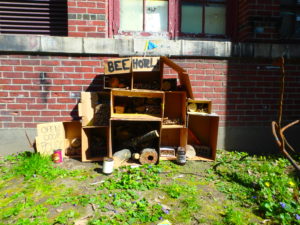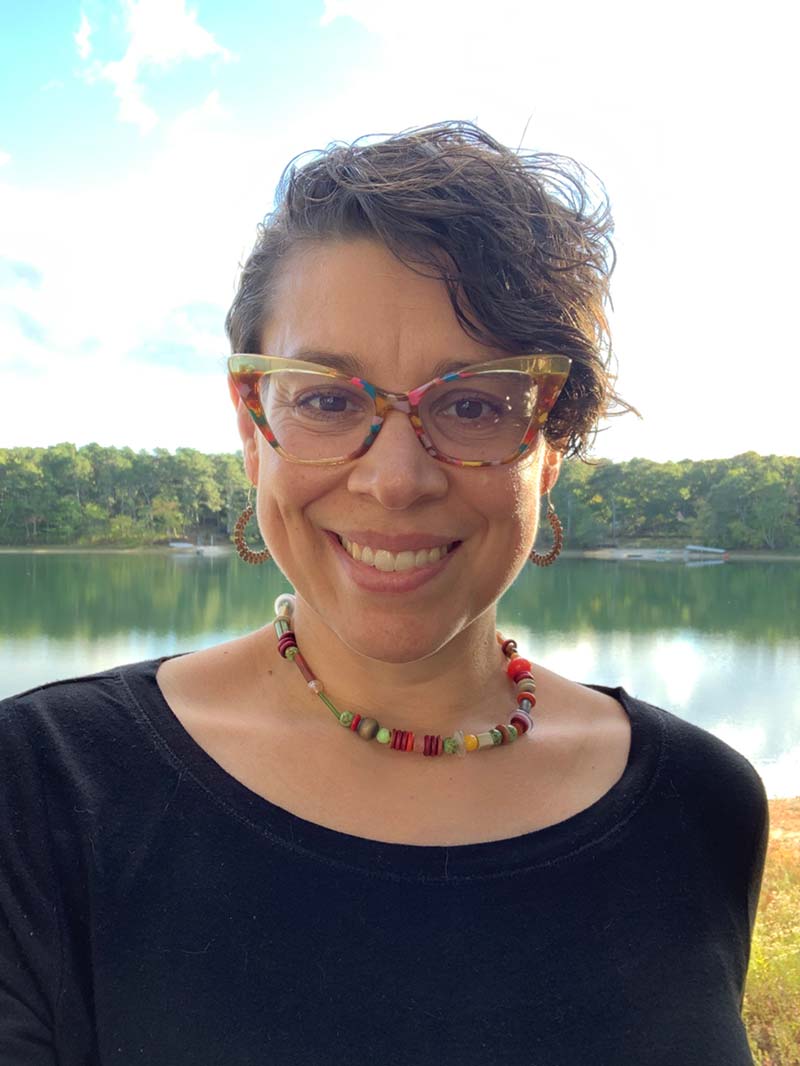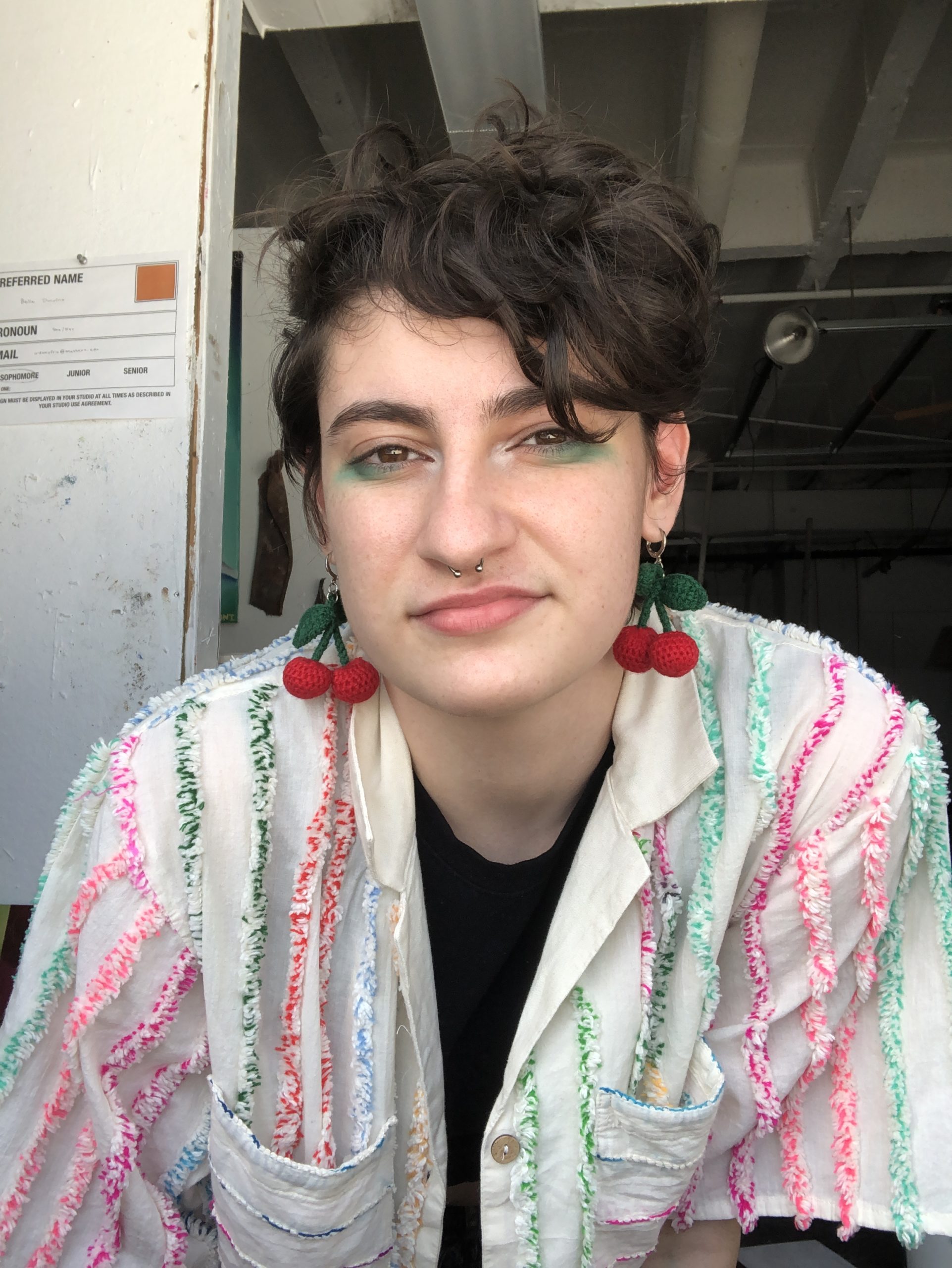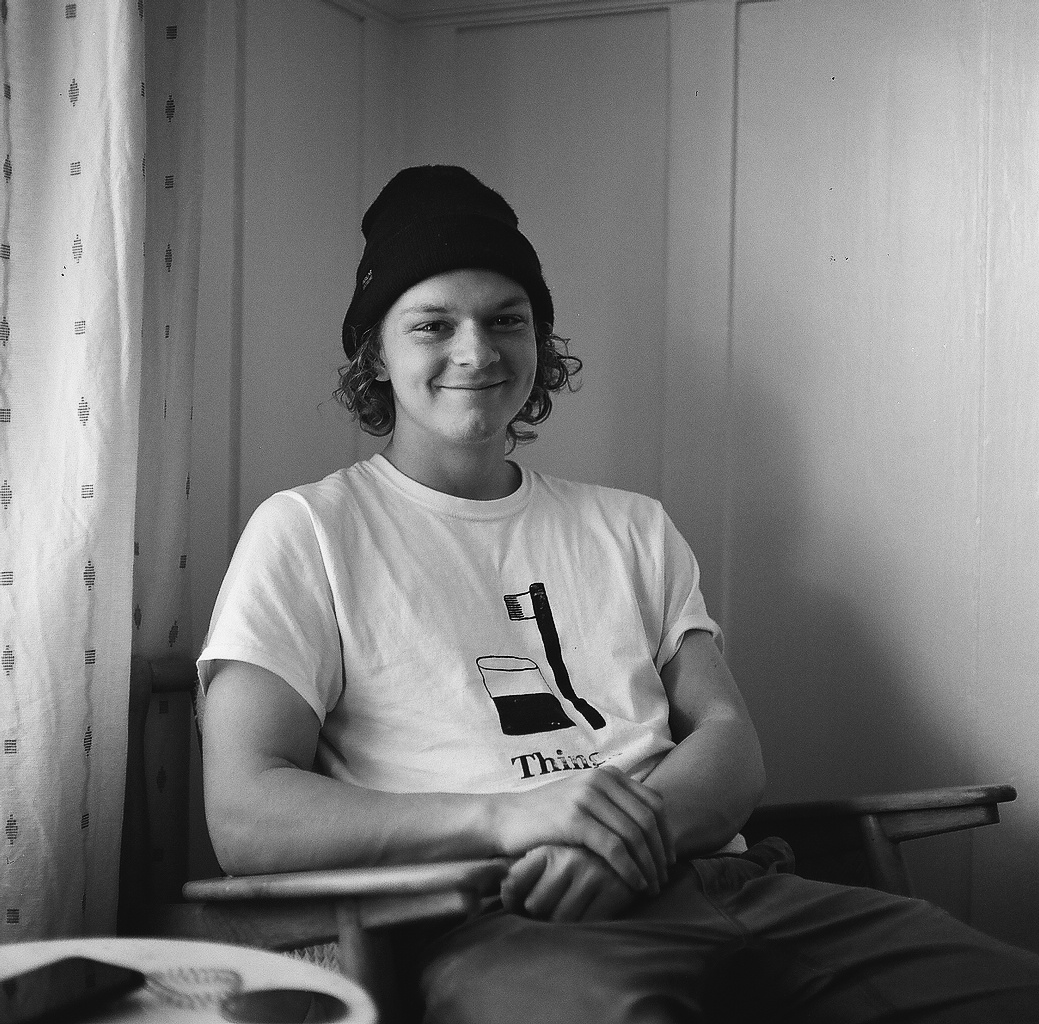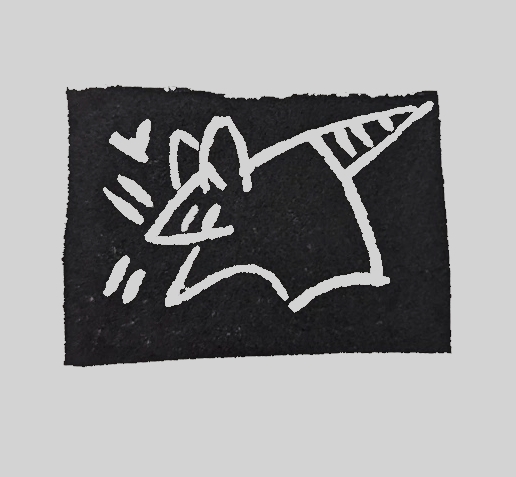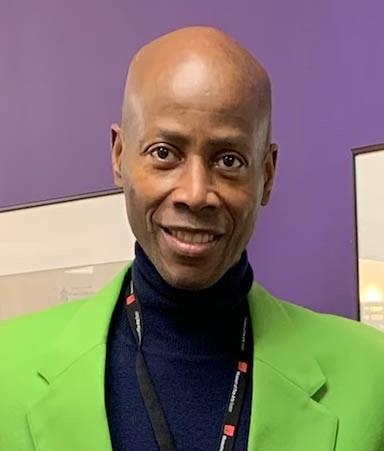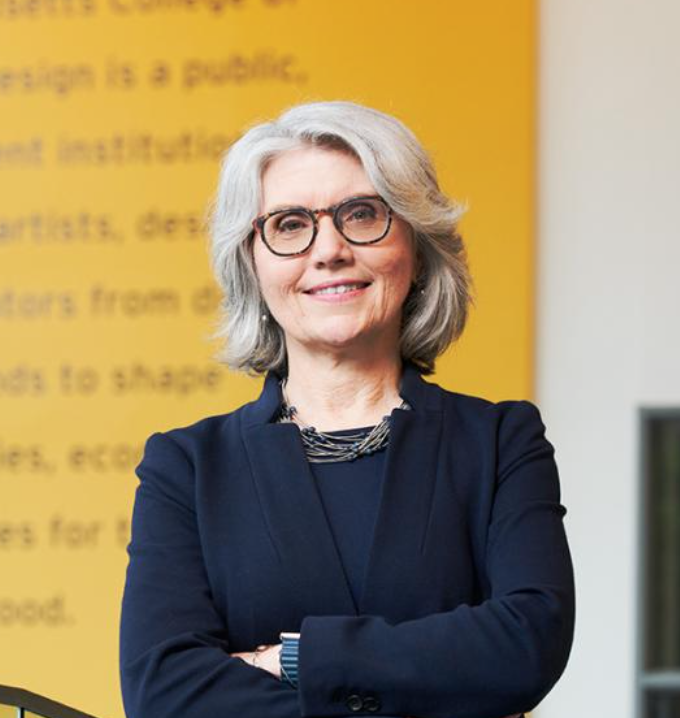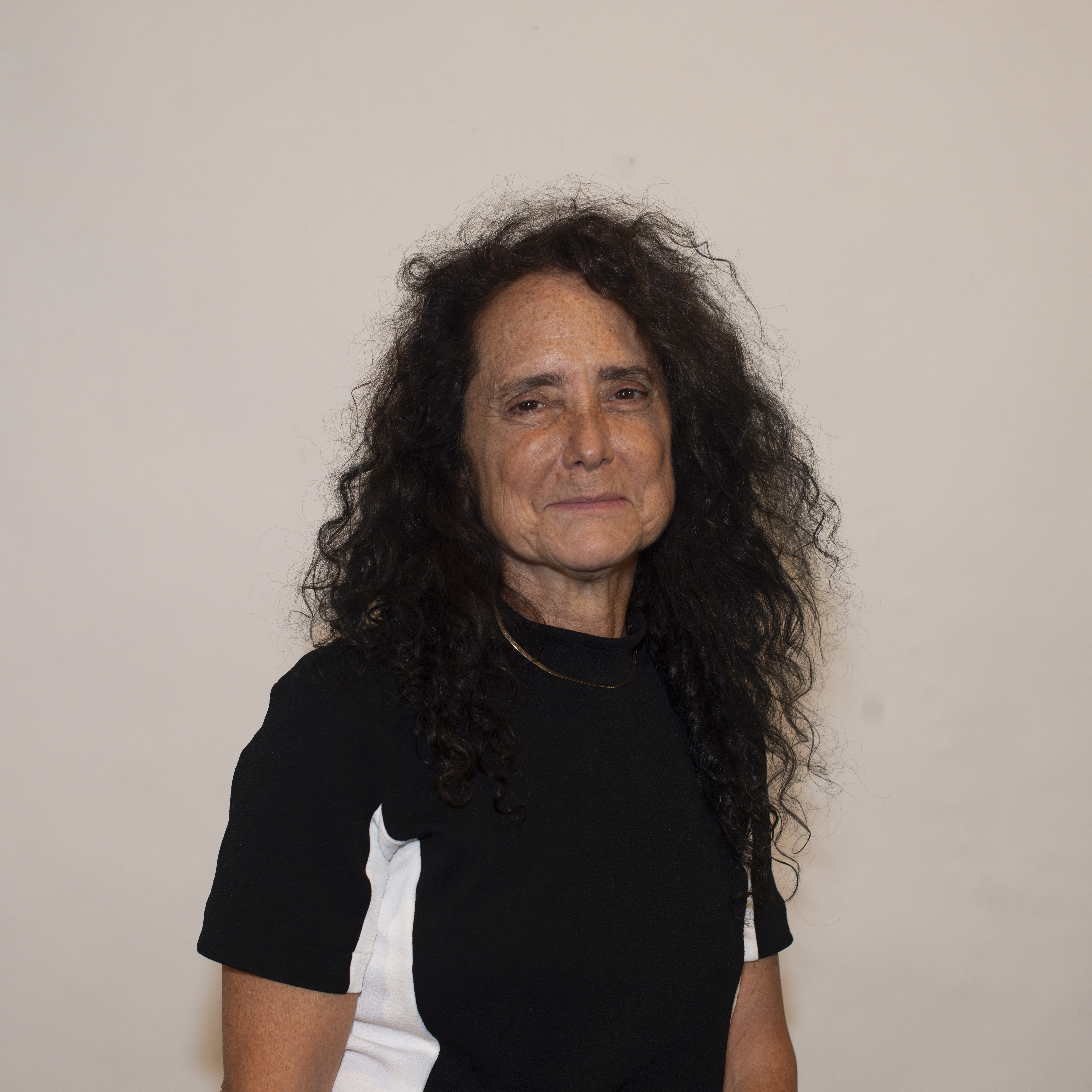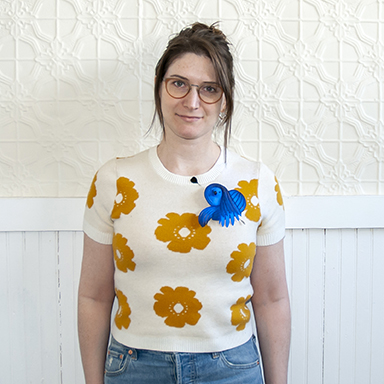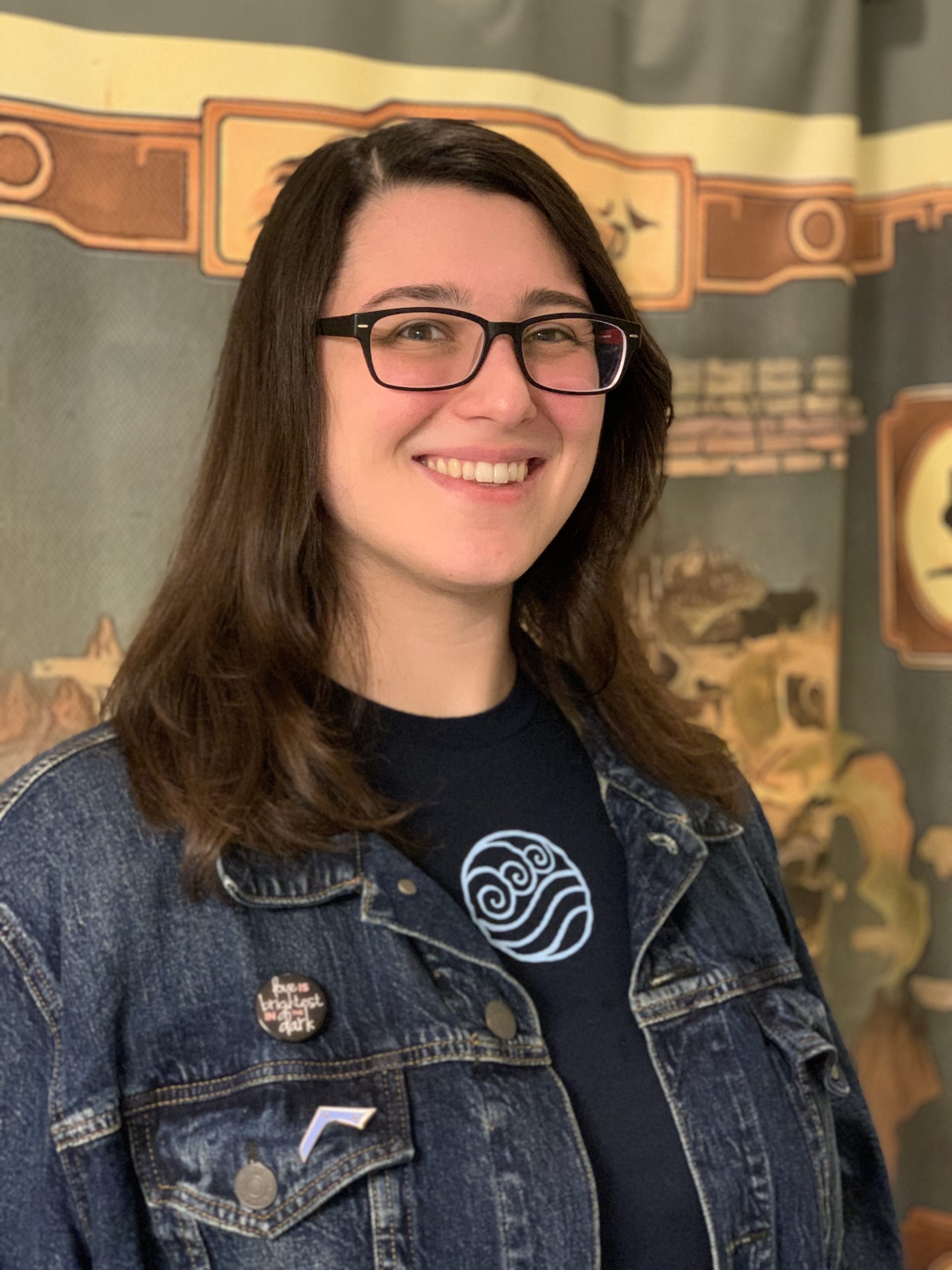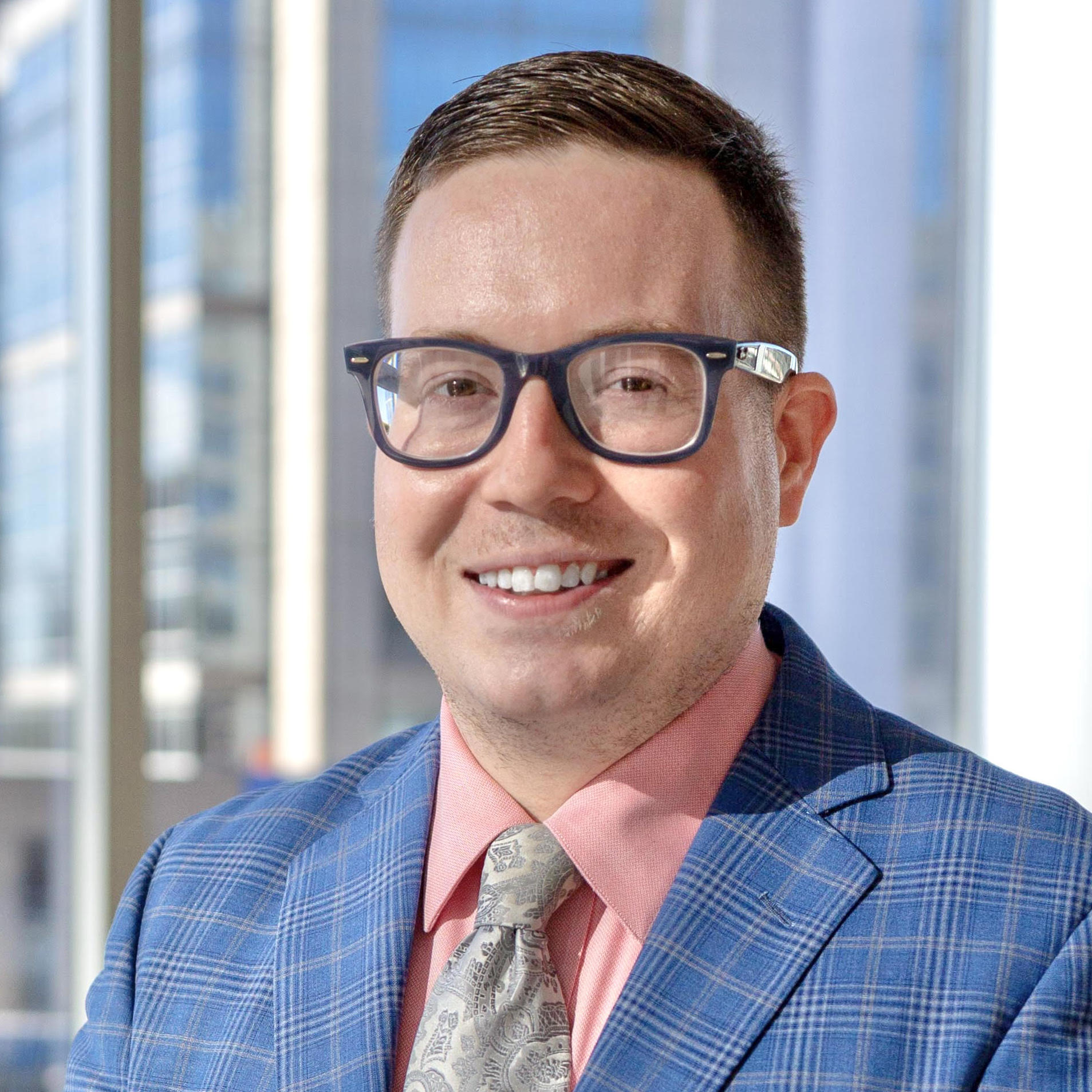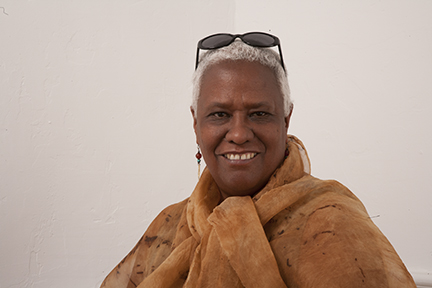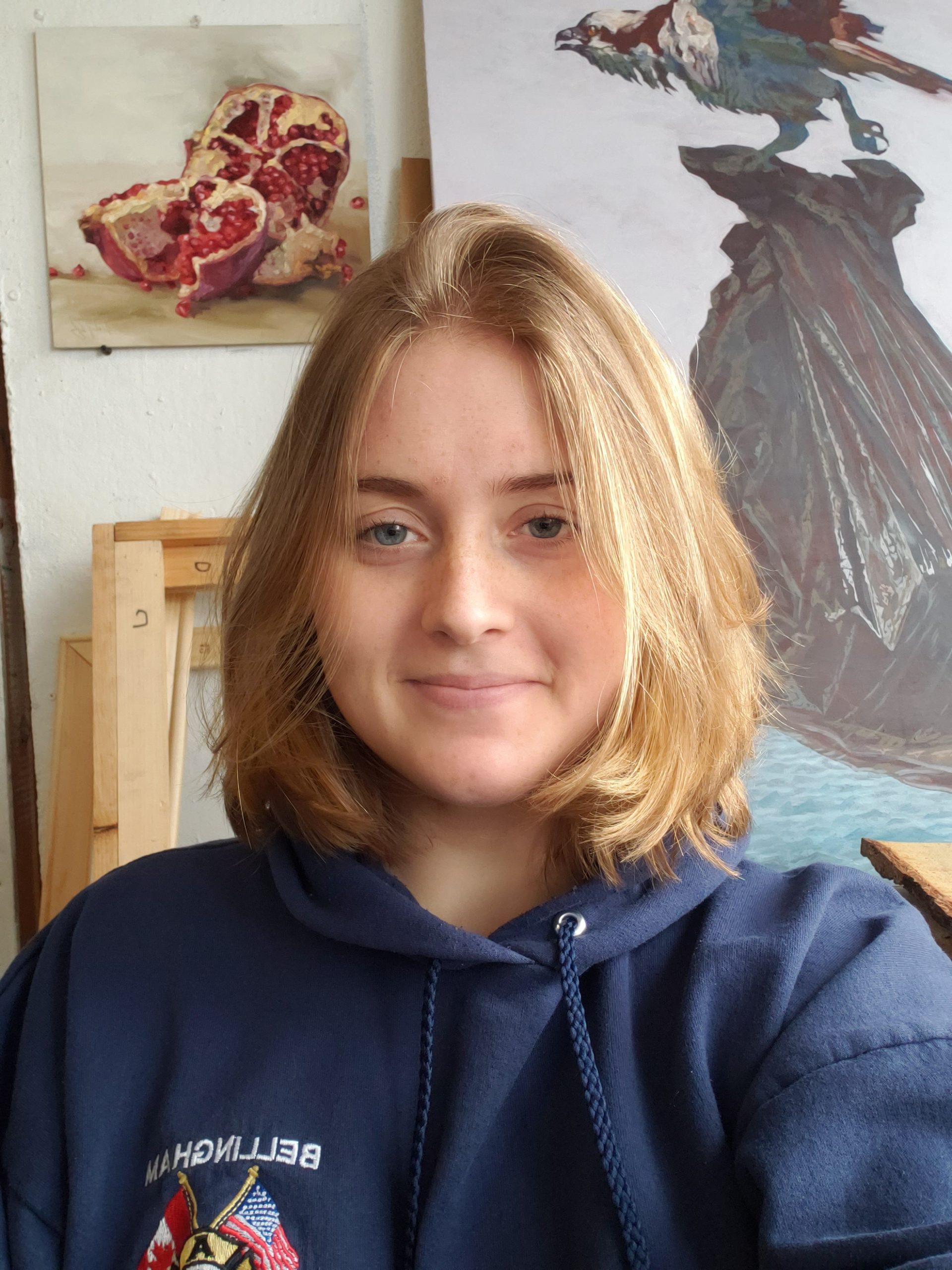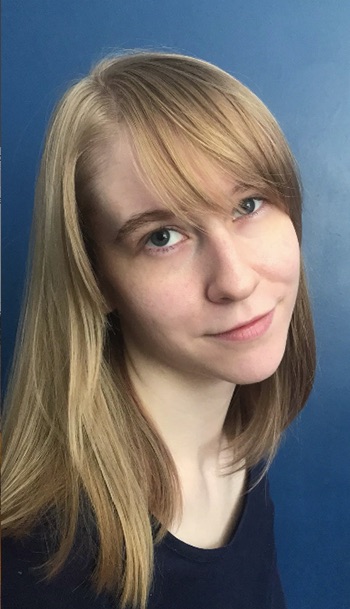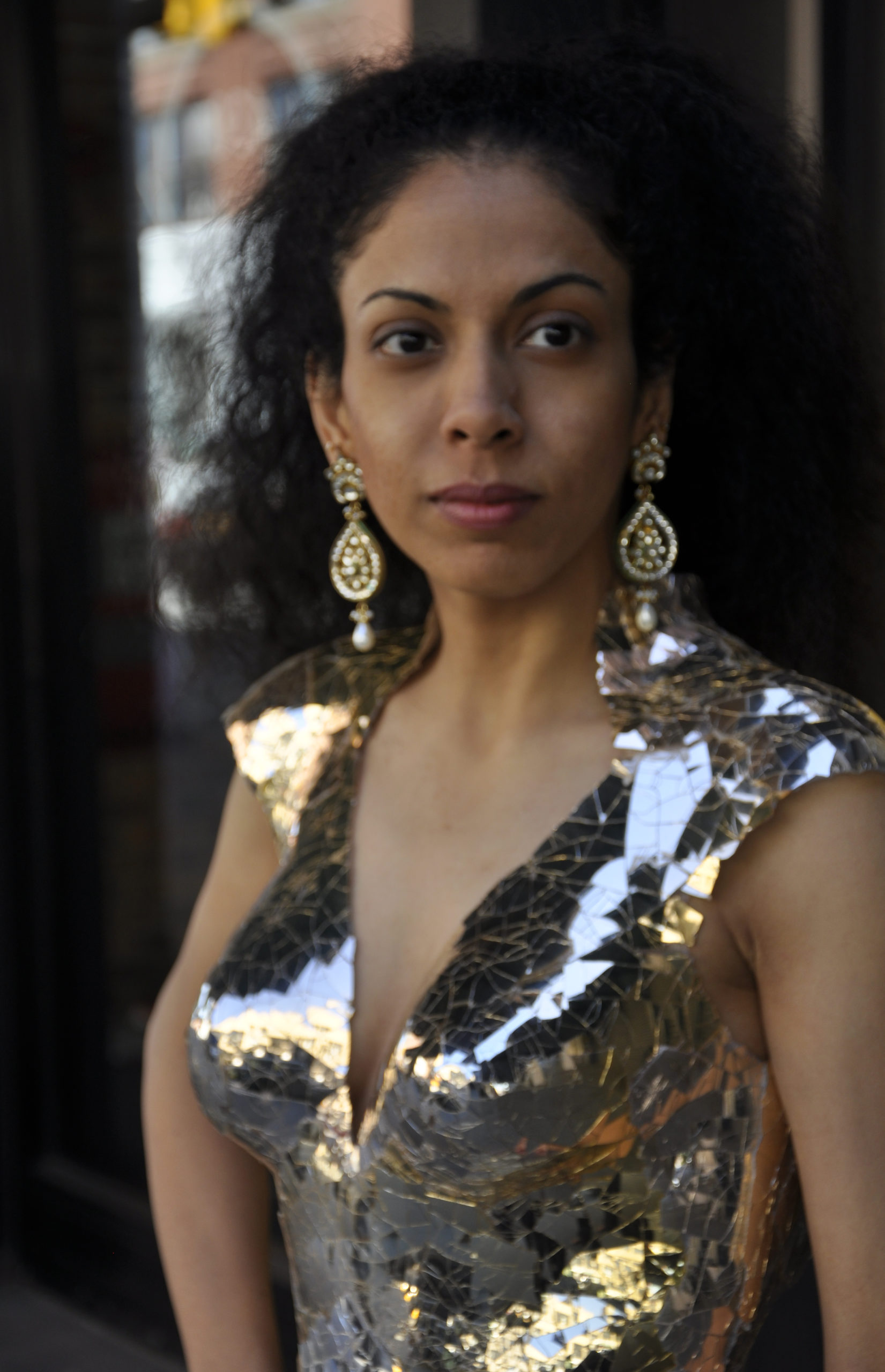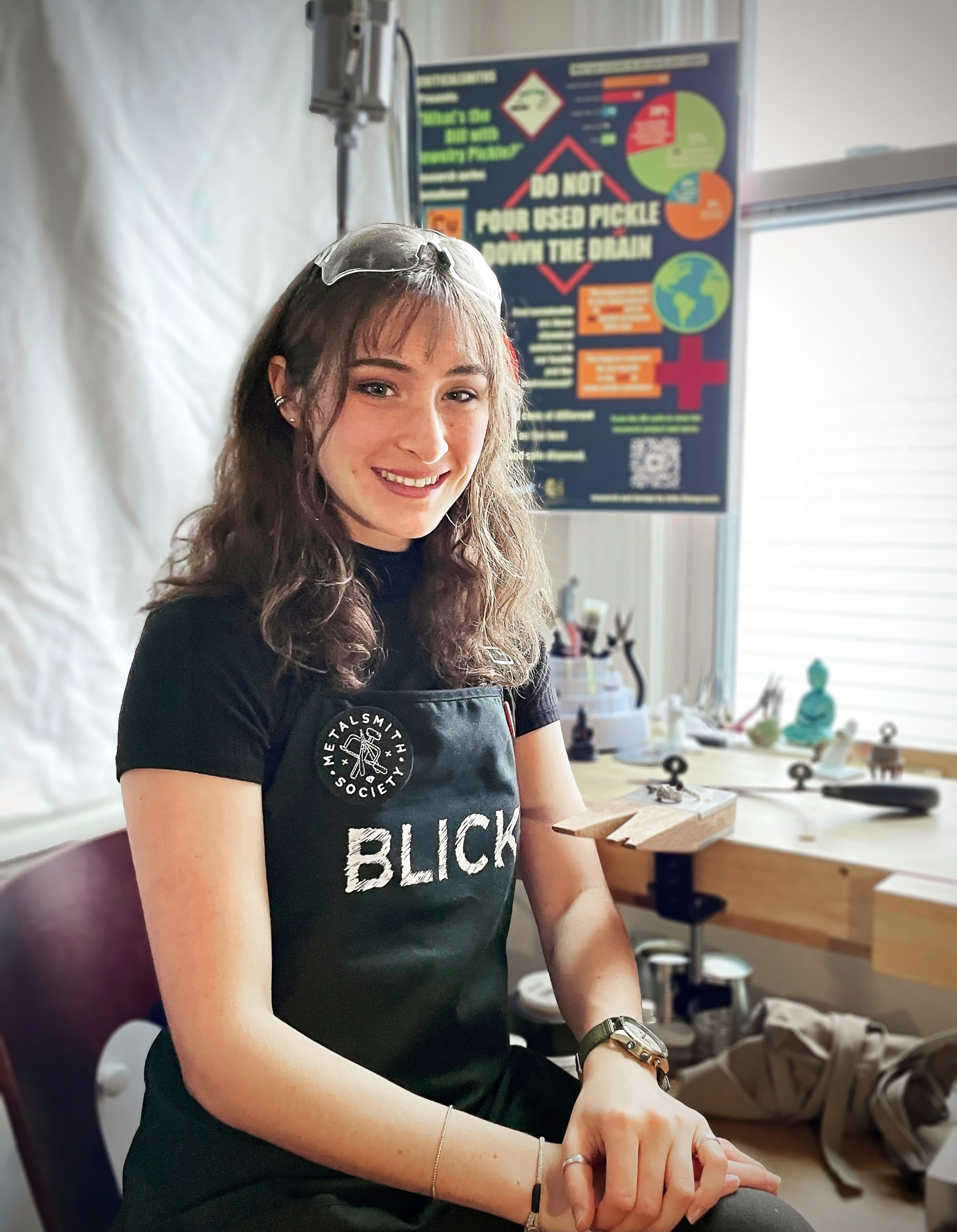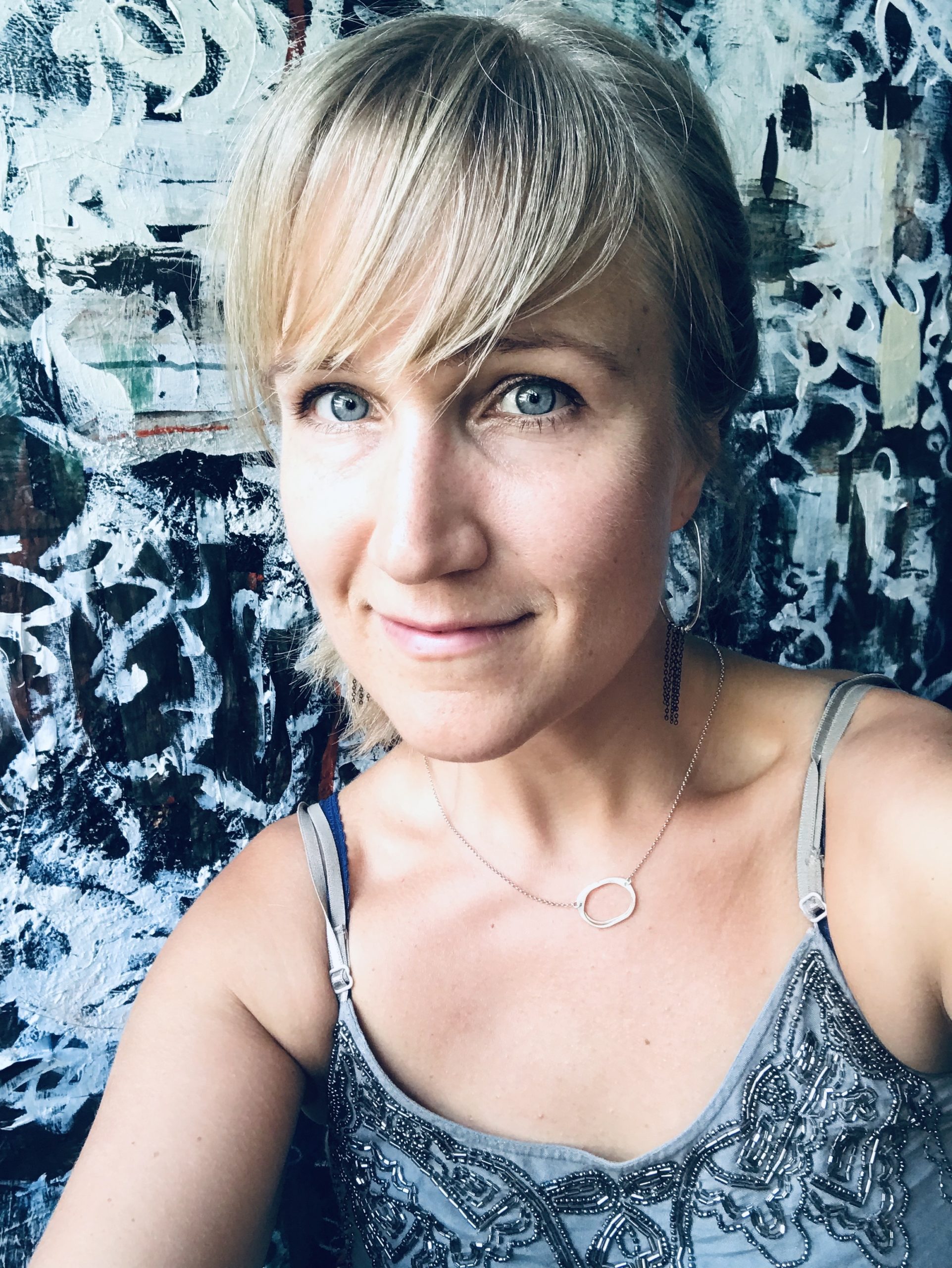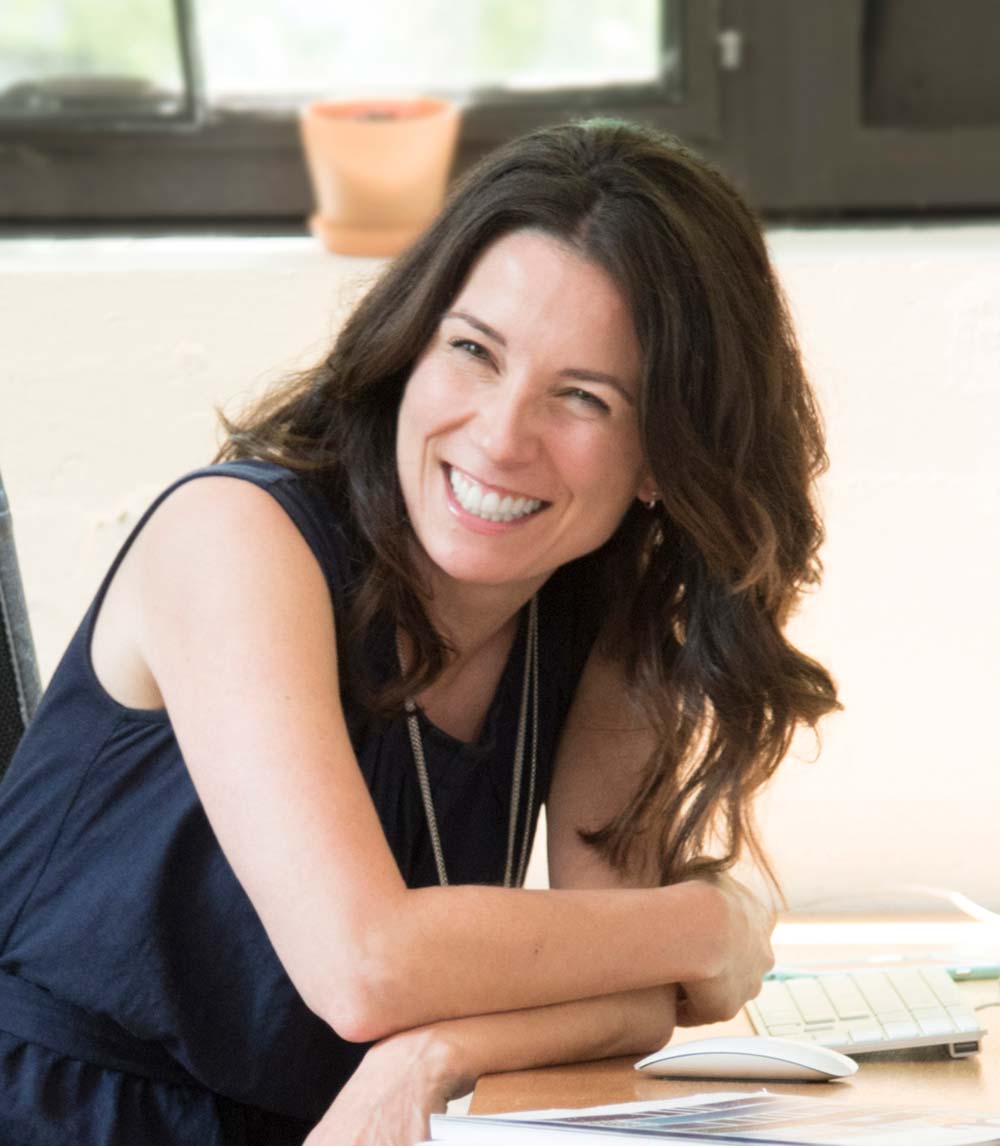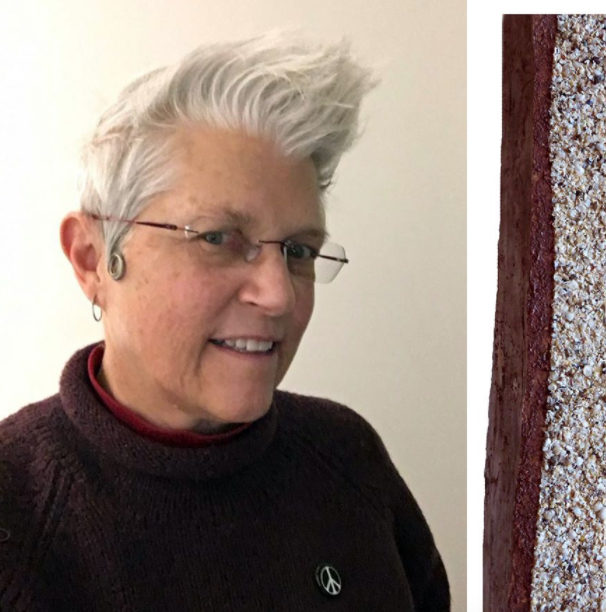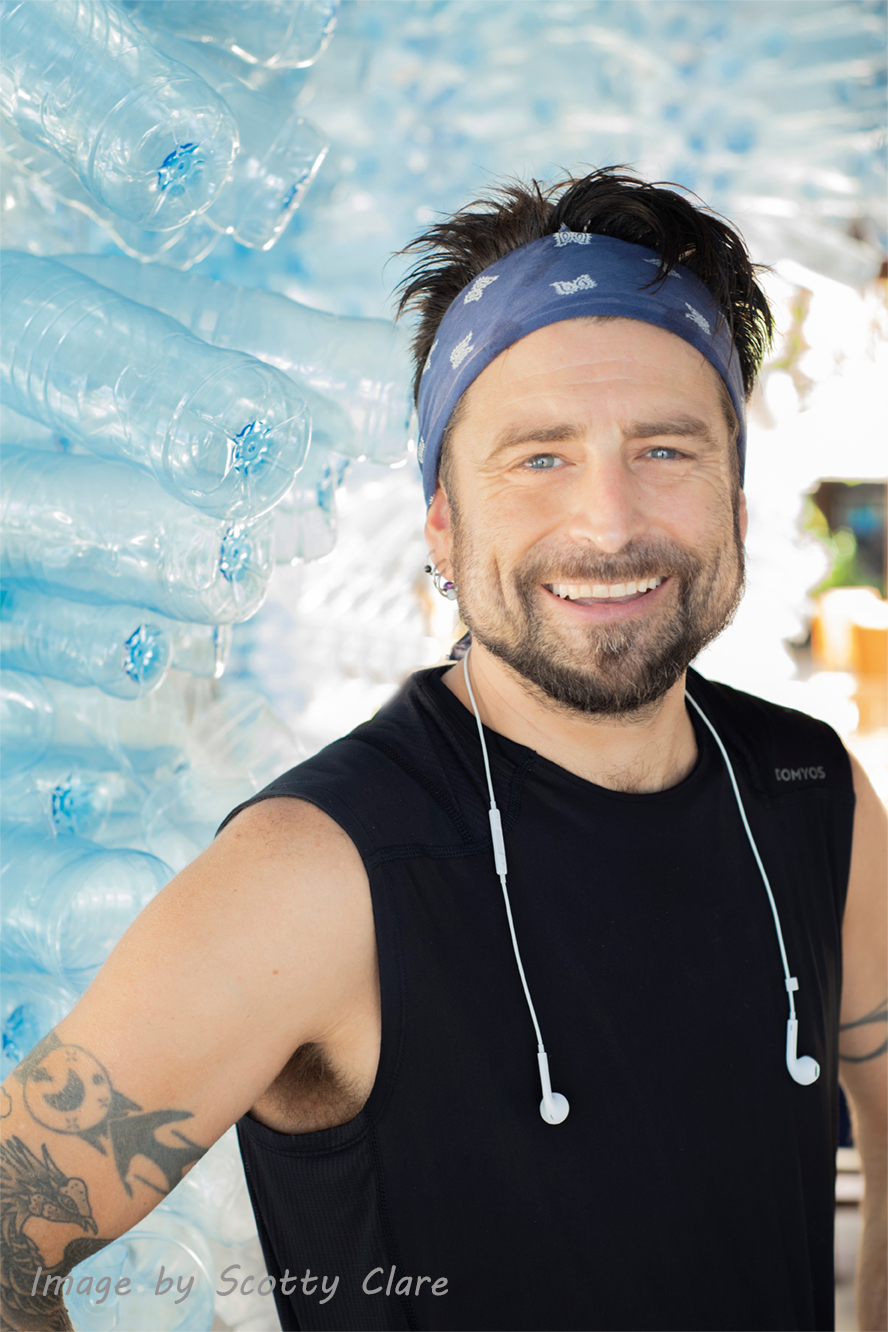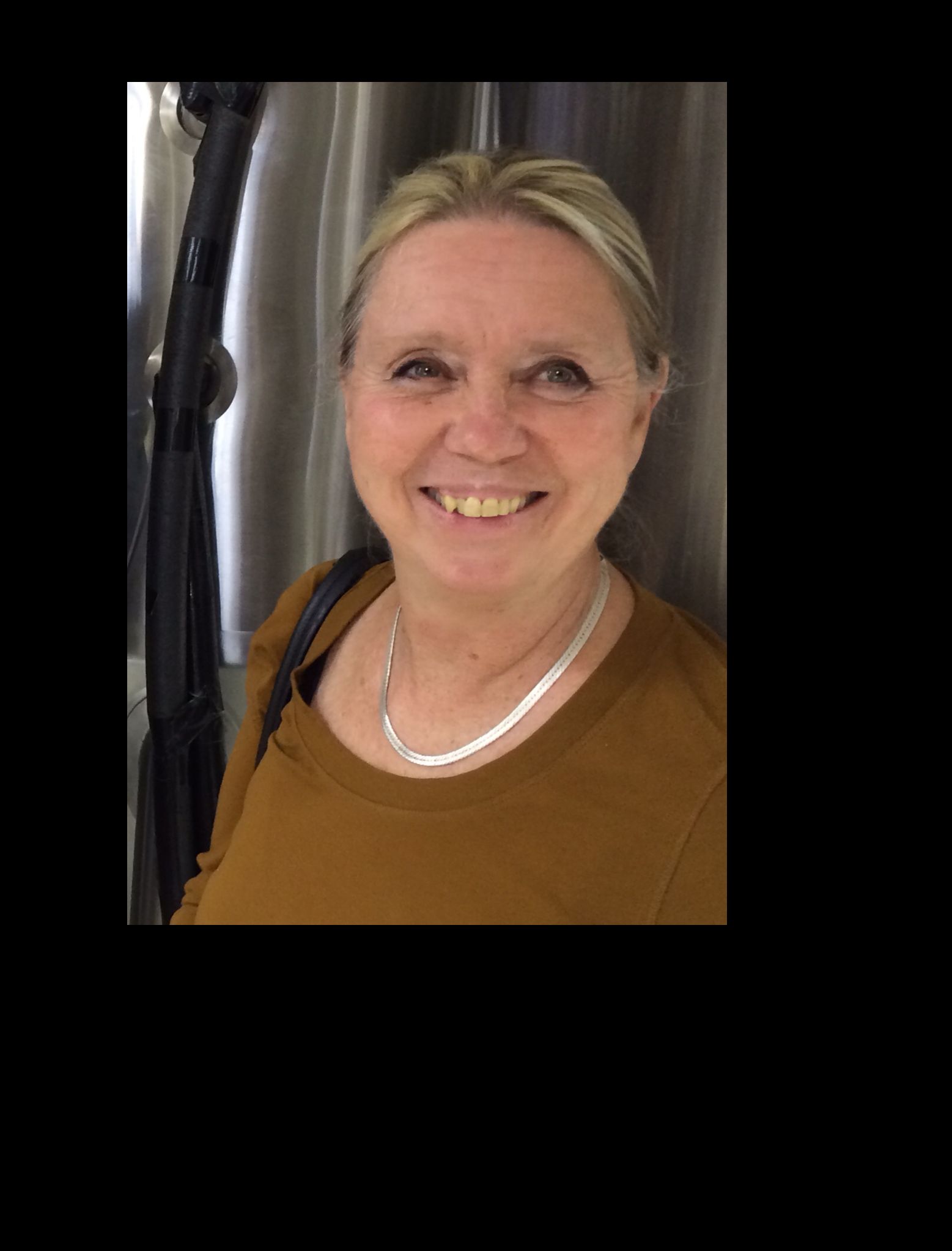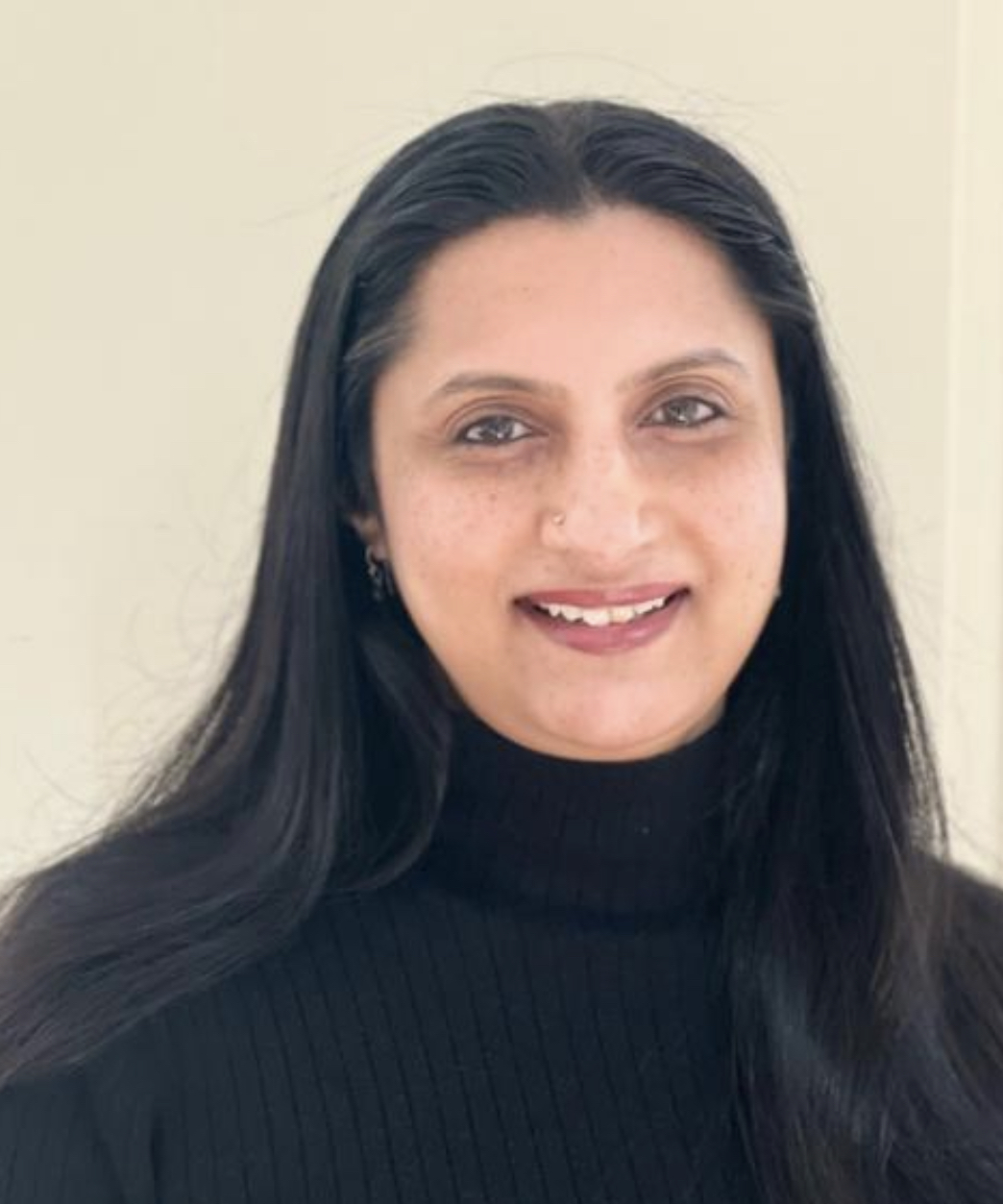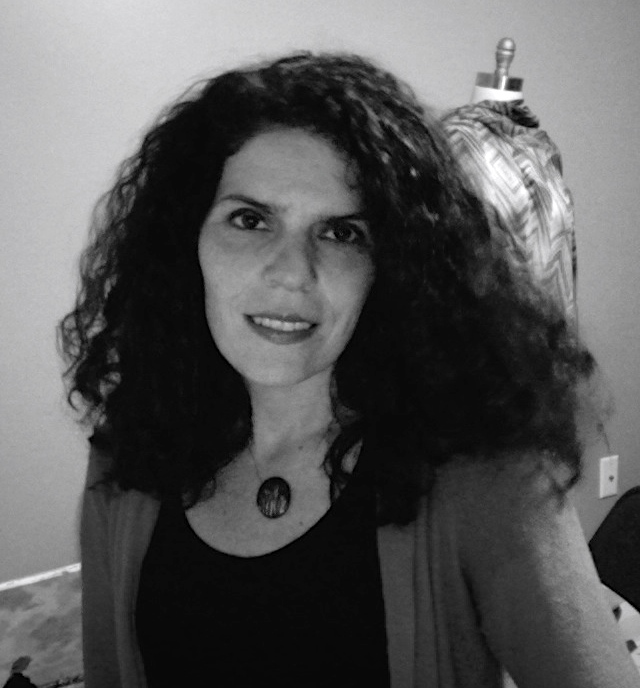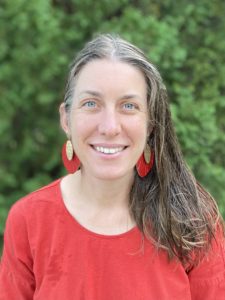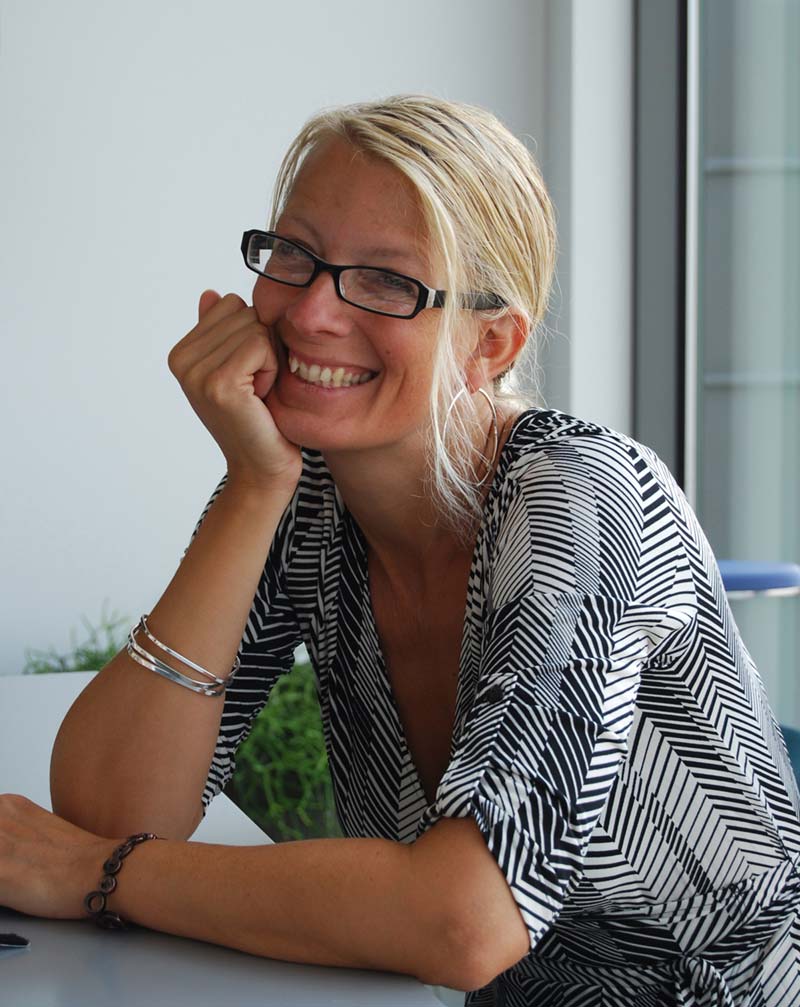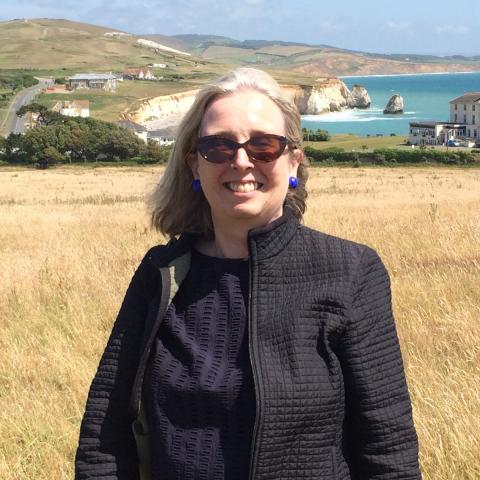Courses taught in the Spring 2016 Sustainability Incubator
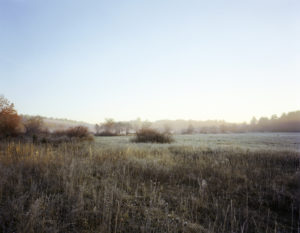 Landscape Photography | MPPH 377
Landscape Photography | MPPH 377
Monday 2:00-6:00 pm
Professor Barbara Bosworth
A course designed to explore the contemporary landscape, both with the camera and through readings on the land and on environmental concerns. Emphasis is on student photographic work, discussion of imagery and literature, and developing a personal perspective on the human relationship to the land.
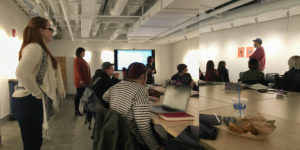 The End is Near! | LALW332
The End is Near! | LALW332
Envisioning the Apocalypse [The Climate Change version]
Wednesday, 9:45a-12:45p
Professor Maura Smyth
Doomsday scenarios are by no means a modern invention, as the Book of Revelations makes clear. In the last decade, however, the end of the world seems to be everywhere all of the time: the concept underlies numerous dystopic television and film plotlines and defines the 24-hour news cycle. Why are we so obsessed with imagining our own demise?
This spring semester, we will explore one possible reason. Discussions of climate change, an issue of immense scientific, cultural, and political importance, are increasingly shot through with apocalyptic imagery. In this course, we will confront the challenge of how to represent and inspire action on a phenomenon with such potentially catastrophic implications for the human species and our planet. Our course will begin with this global perspective.
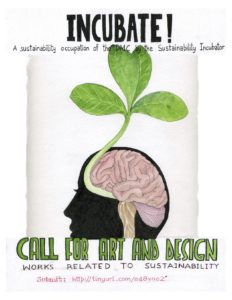 Sustainable Projects in Art and Design | MPSM220 and AETE 220
Sustainable Projects in Art and Design | MPSM220 and AETE 220
Thursday 9:00am-1:00pm
Professor Jane D. Marsching
Sustainable art and design focuses on how to leave our future more just, healthy, and environmentally stable than it is today. Through careful consideration of materials, life cycles, subjects, audiences, economies, and many other aspects of daily life, we will imagine and make projects that address significant issues resulting from environmental impacts on human and animal societies. Open to students from all departments, this course focuses on developing projects in an interdisciplinary studio setting that address issues of sustainability on our campus, in our city, and in the larger global context. Practice methodologies such as field research, collaboration, and charrette, proposal, and brief presentation forms are introduced through a series of assignments leading up to a half semester independent project. Through readings, field trips, studio visits, and critique, the course examines revolutionary projects in sustainability in design and art fields today. Open to all students, this class allows students to work in the medium of their choice while focusing on research and development in the area of sustainability.
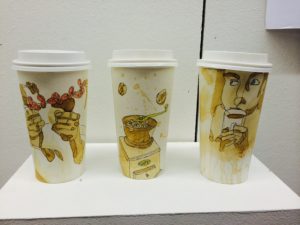 Accumulate | SFDN 191 TIME
Accumulate | SFDN 191 TIME
Friday 8:00am-1:00pm
Professor Amber Tourlentes
This Course asks the questions: how and where is culture and how is community being produced and sustained. Through the lens of social and environmental justice how is cultural production, design and art making being reimagined?
The course will draw on your capacity to see and think both critically and sympathetically into durational/time-based thought modes. We will be screening projects by artist, designers who are working with sustainability; environmental and community based projects. We will study and create projects involving mapping/drawing, interventionist strategies, photography, sound, video, installation, web, and books.
What are some of the new forms of social and artistic capital such as intervening into systems of production and distribution, slow design, social networking and community work/skill share space/culture. We will view/discuss interdisciplinary projects from 1960’s to present, artists engaging–working with audience, community and reimagining; form, material, labor, function, resources, and sustainability.
Sustainability Science | LAMS324
Friday 1:45-4:45pm
Professor Kristian DeMary
What is the nature of sustainability? How can we learn from and with nature, its biological diversity and ecosystems, to become more resilient? Practical examples, field visits, readings, and discussions will give students the opportunity to learn about emerging interdisciplinary sciences and solution-driven technologies based on green chemistry and biomimicry. Through explorations of the water-energy-food nexus, adaptations to climate change, and sea level rise, students can explore how we can become self-sustainable in the era of Anthropocene. The intention of the course is to give students a greater understanding of how science can inform public policies. In addition, attention will be paid to how science relates to art and design making, and vice versa.
Other Spring 2016 Courses at MassArt with Sustainability Content
Architecture
Sustainable Architecture |EDAD 302-01
Wednesday, 3-6 PM
Professor K. Giamportone
Providing a broad overview of ecology and landscape as a basis for understanding sustainable principles, the course follows research focusing on deep retrofit detailing for new and existing wood frame housing in various climates, with an emphasis on cold climates similar to New England. Lectures include siting, water and waste, trash and recycling, conservation and energy production, air, environment and health, materials and methods in construction, transportation, food production, native landscape design and the broader issues of building community. Sustainable construction principles centered in wood frame construction for both new and existing housing presented and researched including the current developments in details, environmental and energy systems alternatives. Individually and in groups, students are required to develop details for existing construction approaching zero-energy use in various climates, associated with an outline specification indicating materials, systems and energy sources. Each student will be required to complete a drawn presentation, an individual outline specification, and a short presentation on a focused area of interest. Prerequisites: none
Fine Art 3D
Objects that Change Lives | 3DCR and 3DTD 208
Monday, 8 AM to 1PM
Professor Janna Longacre
Many of today’s artists and designers working in the ceramics studio are using their creativity to build, heal, and change communities. Professor Janna Longacre is focusing her experience from traveling and working in 38 countries to introduce ideas and methods in which artists and organizations are making objects that not only change their lives but also the lives of others. Through this studio elective course, she will introduce ideas and methods of making a variety of unique objects which directly address quality of life issues, such as those used that purify water / deal with issues of food and hunger, are used to create music and shelter. During this course you will also be introduced to artists who are using their art to bring economic and social change to communities. Objects that Change Lives is a Ceramics Studio based elective, using other materials and media, while teaching methods of building and firing clay developed in cultures all over the world. Prerequisites: none
History of Art
Landscape: Place and Space in Art | HART 375
01 | Thursday 9:45 AM to 12:45 PM
02| Thursday 3:15-6:15
Professor Emily Gerhart
Focusing on how artists have engaged with their environment from the eighteenth century through the twentieth, this class will subject the subject matter of landscape to close scrutiny. This class will look at parallel developments in Europe and America, and will consider how various stylistic movements in eighteenth, nineteenth and twentieth century painting, as well as photography, graphic arts and even sculpture have reacted to the significance of space and place, and humankind’s impact on the land. Through regular reading assignments, student presentations and research projects, students will track their own relationship to the land, the city and the environment in which we live. Prerequisites: HART 101, or permission of instructor
Liberal Arts
Environmental Science | LAMS 320
01 | Thursday 9:45 AM-12:45 PM
02 |Thursday 12:45 to 4:45 PM
Professor Kristian DEmory
A study of the principles of ecology, a science intertwining many biological and physical science disciplines. The course distinguishes the scientific, technological, and social domains. It treats complex human impacts and environmental concerns (such as biodiversity, population size, food and energy resources, air and water pollution, waste management, recycling, and sustainability) and raises issues of environmental ethics, risk assessment, and policy planning.

